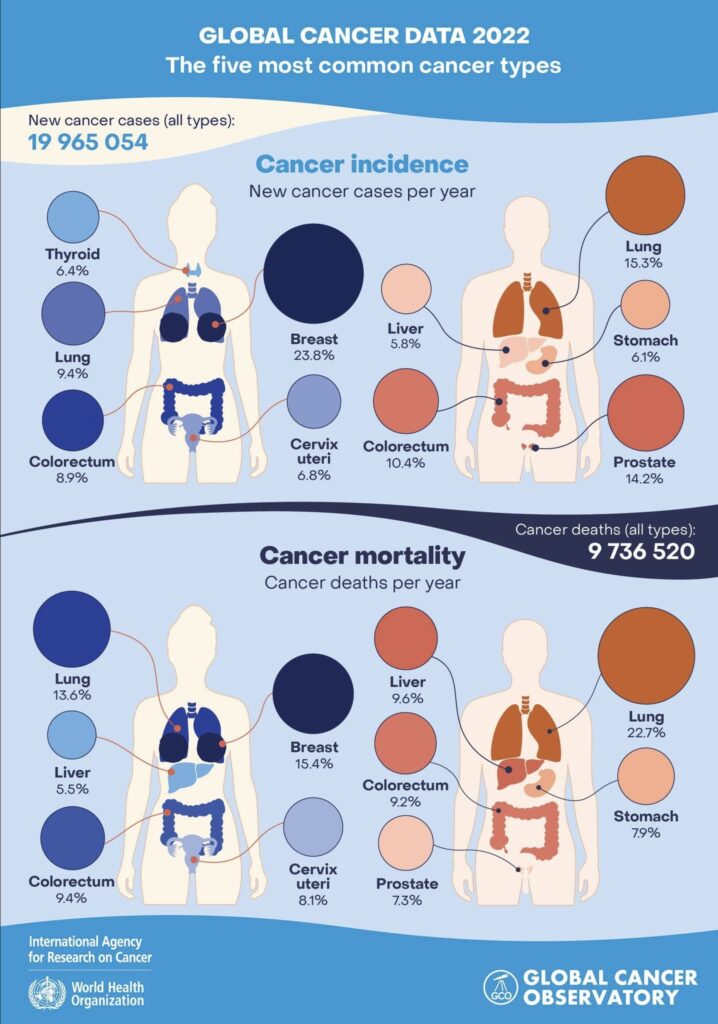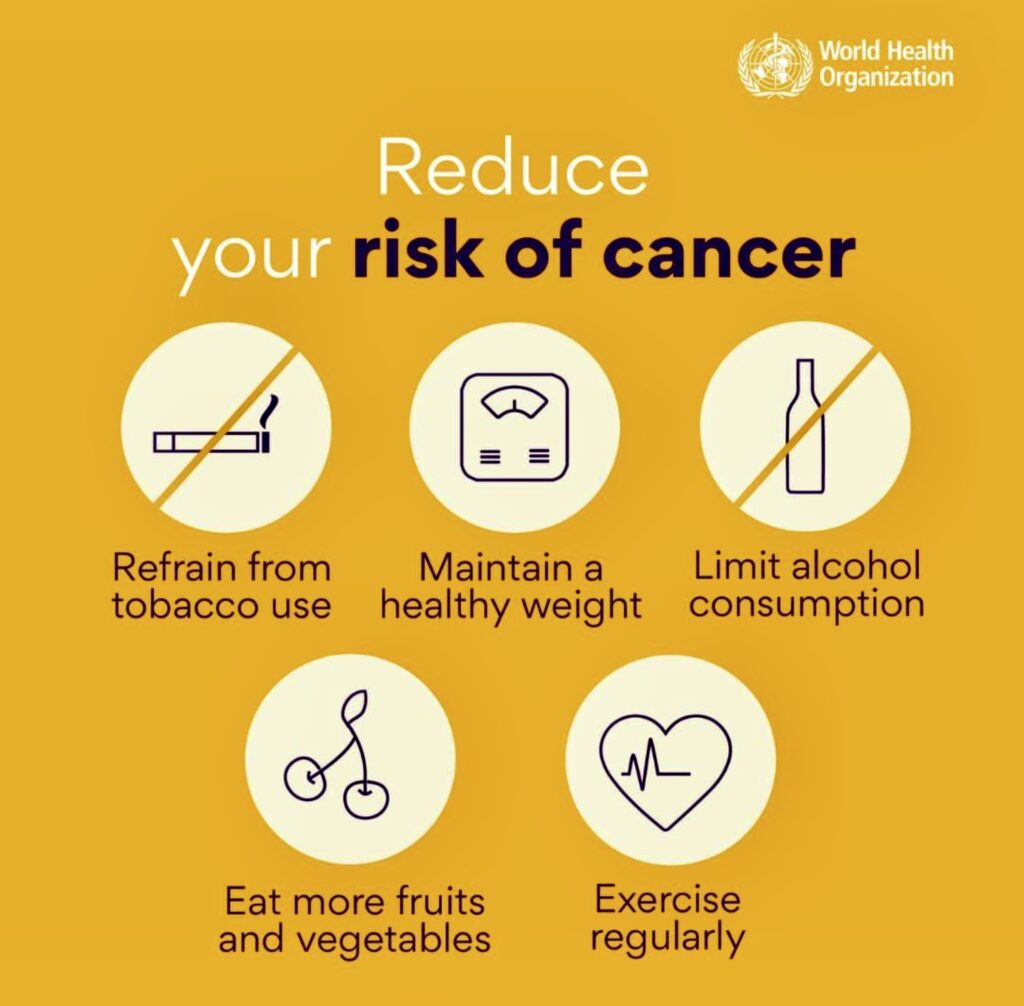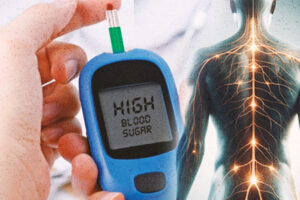By Henrylito D. Tacio
By 2050, more than 35 million people are predicted to have cancer, according to latest figures from the International Agency for Research on Cancer (IARC), a specialized branch of the UN World Health Organization (WHO). The figure is up from the estimated 20 million in 2022.
Richer nations like the United States, Australia, and those in European countries are “expected to have the have the greatest absolute increase in cancer,” with an additional 4.8 million new cases predicted in 2050.
However, low- and middle-income countries “should see a higher proportional increase in cancer,” while mortality is projected to almost double.
The estimates from the IARC’s Global Cancer Observatory are based on the best sources of data available from 185 countries and covers 36 different forms of cancer.
They were published alongside a WHO survey from 115 countries which showed that the majority do not adequately finance priority cancer and palliative care services as part of universal health coverage.
Breast cancer among the ten most common types
Ten types of cancer collectively comprised around two-thirds of new cases and deaths globally in 2022, the IARC said.
Female breast cancer ranked second in terms of occurrence, with 2.3 million cases, worldwide or 11.6 per cent, but accounted for 6.9 percent of deaths.

“One in 12 women in richer countries will be diagnosed with the disease in their lifetime and one in 71 will die of it,” the agency said. However, although only one in 27 women in poorer countries will receive a positive breast cancer diagnosis, one in 48 will die.
These women “are at a much higher risk of dying of the disease due to late diagnosis and inadequate access to quality treatment,” said Dr. Isabelle Soerjomataram, Deputy Head of the Cancer Surveillance Branch at IARC.
Simple, novel test to detect cancer?
Now, the good news. A team of American researchers have developed a simple test that can identify 18 early-stage cancers representing all main organs in the human body. Experts say the test could represent a medical breakthrough.
Several studies have shown that early detection can significantly improve outcomes of cancers. Existing screening tests have drawbacks, including invasiveness, cost and low levels of accuracy for early stage disease.
A team of researchers from biotech firm Novelna developed a simple blood protein test that enables experts to not only identify cancer in plasma samples, but also differentiate between early-stage cancer types.
“Specific blood proteins could already be used for early detection and monitoring, but until now tests have lacked sensitivity – accuracy of picking up those with cancer – and specificity – accuracy of excluding those without cancer,” wrote Andrew Gregory, health editor of The Guardian.
Study on the proteome
Gregory’s source of his report was the findings of the study that was conducted by the US biotech firm Novelna and was published in the journal BMJ Oncology.
In developing the test, the researchers focused on the proteome, the complete collection of proteins in the body.

The team collected blood plasma samples from 440 people diagnosed with 18 different types of cancer, and from 44 healthy blood donors. They then identified proteins which showed early stage cancers and where they originated in the body “with high accuracy.”
Bob Curley, writing for Medical News Today, reported: “The gender-specific liquid biopsy test, which analyzes the presence of protein biomarkers for various types of cancer in the bloodstream, was able to successfully detect stage 1 cancers 93% of the time among men, and 84% of the time among women.”
Curley quoted the study which was led by Dr. Ashkan Afshin, an affiliate associate professor of health metrics sciences at the University of Washington’s Institute for Health Metrics and Evaluation.
According to Dr. Afshin and colleagues, the analysis of 150 biomarkers also allowed them to pinpoint the origin of cancers to specific organs in more than 80% of cases.
“The proteome-based screening test showed promising performance compared with other technologies and could be a starting point for developing a new generation of screening tests for the early detection of cancer,” the study authors wrote.
Dr. Misagh Karimi, a medical oncologist at City of Hope Orange County Lennar Foundation Cancer Center in California, who was interviewed by Curley, said, “Early detection is the key to good cancer outcomes.”
Here’s what the team said: “This finding is the foundation for a multi-cancer screening test for the early detection of 18 solid tumors that cover all major human organs of origin for such cancers at the earliest stage of their development with high accuracy.”
They added that “this could re-shape screening guidelines, making this plasma test a standard part of routine check-ups.”
In his article, Gregory quoted Dr. Mangesh Thorat who said that there are still “remained questions about the test and more studies were needed.” He was not involved with the study.
“However, the interesting aspects of this assay are a much higher sensitivity for stage I cancers than other similar assays in development and gender-specific performance differences which are biologically and clinically relevant,” said Dr. Thorat, who is with the Centre for Cancer Prevention at the Wolfson Institute of Preventive Medicine.
“If the assay performance in future, well-designed sequential studies is anywhere close to what this preliminary study suggests, then it could really be a gamechanger,” he added.
This is good news indeed as cancer is now the third leading cause of death in the Philippines, according to Dr. Rosario Pitargue, the president of the Philippine Society of Medical Oncology president.
For every 100,000 Filipinos, 189 are affected by cancer. Four Filipinos are dying of cancer every hour or 96 cancer patients daily. This is according to a study undertaken by the University of the Philippines’ Institute of Human Genetics, National Institutes of Health.
In terms of death, lung cancer topped the list, followed by liver, breast, colon, and prostate. – ###








